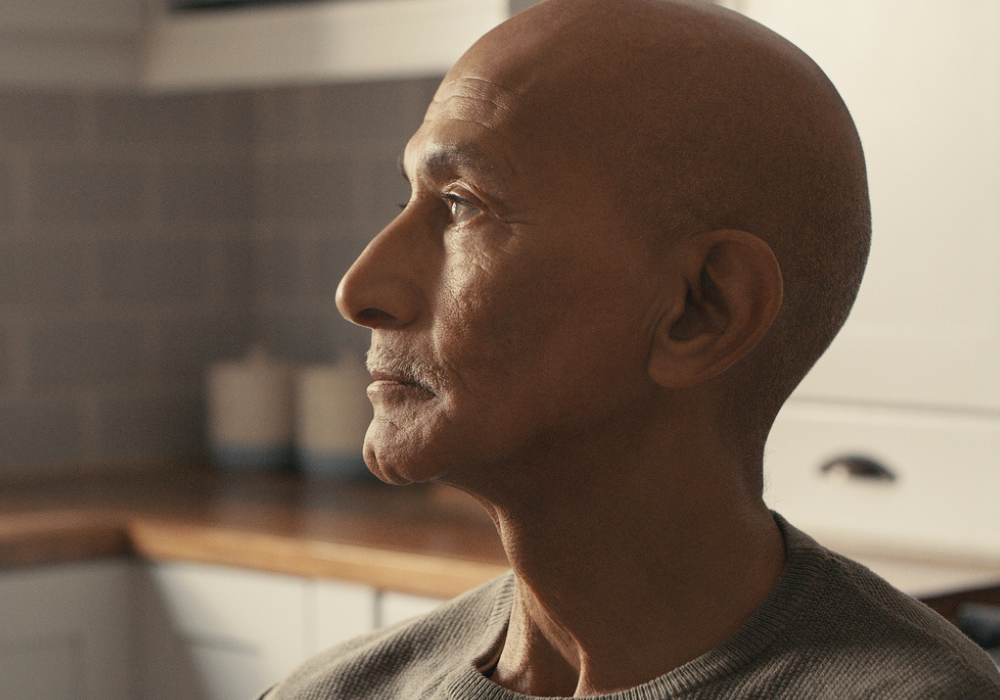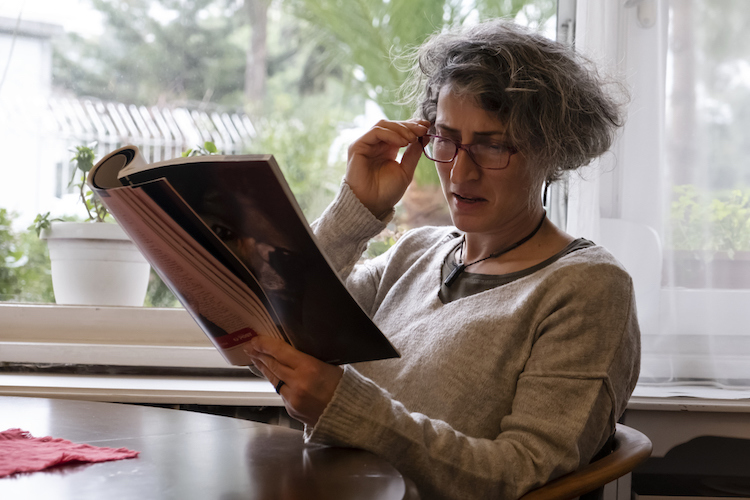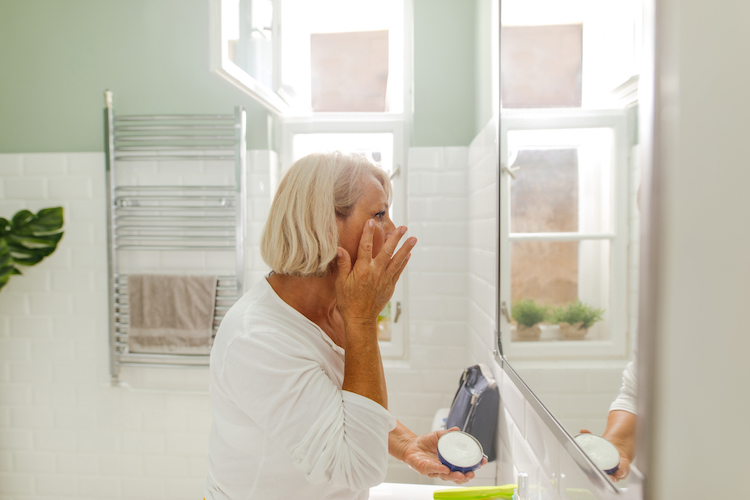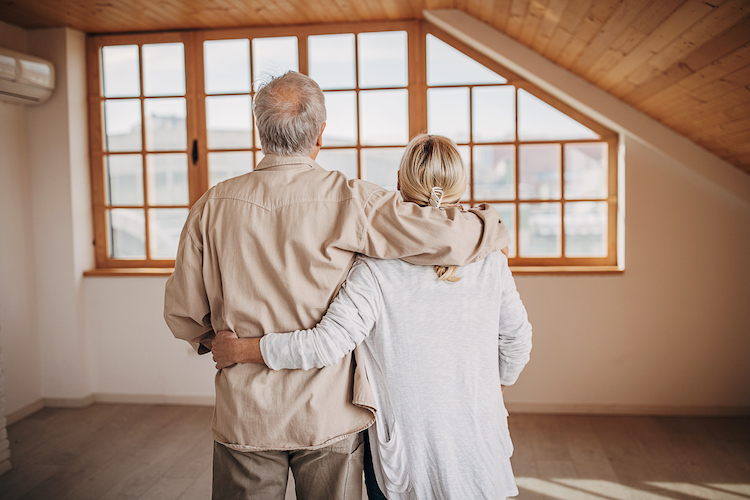Ageism is quietly undermining your life in these surprising ways.

You may not realize it right away, but ageism has a sneaky way of slipping into your everyday life—and it’s doing more damage than you think. It shows up in job interviews you don’t get called back for, in doctors’ offices when your concerns are brushed aside, and in the subtle way some people assume you can’t keep up just because you’ve celebrated a few more birthdays. This quiet bias influences how you’re treated in professional, social, and even medical spaces, often without anyone saying the word “age” out loud.
That’s what makes ageism so dangerous—it’s often unspoken, but it shapes perceptions, limits opportunities, and chips away at your confidence. You’ve worked hard, gained wisdom, and collected a life full of stories and lessons, yet society sometimes wants to tuck that away, as if it’s no longer useful. The good news is that by shining a light on these hidden ageist attitudes, you can start to push back. These 11 surprising examples reveal how deeply rooted ageism can be—and why you should never let it define your worth or your future.
1. Ageism at Work Is Stopping You from Landing That Dream Job

You’ve probably noticed that the hiring process feels different than it used to—not because you’re any less qualified, but because your age is silently working against you. Employers may look at your resume and see experience as a burden instead of an asset. They assume you’re set in your ways, unwilling to adapt, or worse, too expensive to hire. The truth is, many of these assumptions are unspoken, but they significantly impact who gets called in and who gets filtered out, regardless of actual skills or performance history, as stated by Matthew Urwin at BuiltIn.
What’s even more troubling is that workplace ageism isn’t always easy to pinpoint. It can show up in subtle ways: being passed over for high-profile assignments, left out of upskilling opportunities, or never hearing feedback that others receive. You may be treated with a polite kind of disregard that leaves you wondering if your best contributions are behind you. But you know better. Your years in the workforce have made you sharper, more adaptable, and better equipped to handle challenges—qualities that any company should value, not dismiss.
2. Ageism Is Making Your Doctor Take You Less Seriously

You might’ve noticed that doctors start treating you differently once you hit a certain age. Symptoms get brushed off as “just part of aging” rather than real issues that need attention, as mentioned by Liz Seegert at Think. Suddenly, your concerns about your health are seen as overreactions or just inevitable signs of getting older.
This attitude can seriously affect your well-being. When health professionals dismiss your concerns, they’re more likely to overlook treatable conditions. Ageism in healthcare isn’t just annoying—it’s dangerous. You deserve the same level of care and attention as anyone else, no matter how many birthdays you’ve celebrated.
3. Your Social Circle Might Be Shrinking Due to Ageist Stereotypes

Ever feel like you’re getting left out of social gatherings or events, all because of your age? Ageism can creep into your personal life, too, as reported by Kirsten Weir at APA.org. Friends or even family may make assumptions about what you’re “too old” to do, slowly pushing you out of activities you still love.
It’s incredibly isolating when people around you believe you’re not as active, adventurous, or fun just because you’ve hit a certain age. These stereotypes make it harder to stay connected and enjoy a fulfilling social life. Don’t let ageism put limits on your friendships or your freedom to enjoy life.
4. The Media Is Bombarding You with Unrealistic Images of Aging

Turn on the TV or scroll through social media, and you’ll see it—images of “older” people who look nothing like the reality most of us face. Ageism in the media promotes the idea that you should look and act young forever, making you feel like you’re falling short if you don’t.
These unrealistic portrayals feed into the pressure to reverse the aging process, when really, aging should be something we celebrate. Instead, media pushes products and treatments that promise eternal youth, reinforcing the idea that aging is something to fear and fight against, rather than embrace.
5. Advertisers Are Ignoring You—Unless It’s for Anti-Aging Products

Speaking of media, ever notice how ads seem to target you only when they’re selling wrinkle creams or retirement plans? It’s like they don’t even see you unless they’re trying to profit off your age. Advertisers often focus on younger audiences, leaving older adults feeling invisible unless it’s related to anti-aging.
This is a major form of ageism that makes you feel like you don’t matter unless you’re trying to look younger. You’re more than just a customer for anti-aging products—you have diverse interests, talents, and goals. It’s time advertisers woke up to the fact that life doesn’t stop at 50, 60, or even 70.
6. Technology Companies Assume You’re “Too Old” to Keep Up

Tech companies often target younger audiences, and that bias can leave you feeling left behind. They assume older adults can’t or won’t adapt to new technology, so they don’t even try to make their products user-friendly for you. It’s a frustrating cycle—you want to stay updated, but the industry isn’t making it easy.
But let’s be real: you’re more tech-savvy than they think. Whether it’s smartphones, apps, or the latest gadgets, you have every right to be part of the digital age. Ageism in the tech world doesn’t just create unnecessary barriers—it can make you feel like an outsider in today’s increasingly connected world.
7. Ageist Remarks Are Casually Hurled at You—And They Hurt

How many times have you heard something like, “You don’t look your age” or “You’re still sharp for your age”? These comments, while sometimes well-intentioned, are backhanded compliments rooted in ageism. They suggest that being older is inherently a negative thing, which couldn’t be further from the truth.
These kinds of remarks can chip away at your confidence and self-worth. No one should feel like they need to apologize for getting older. The problem isn’t you—it’s society’s obsession with youth and the subtle ways it undermines the natural aging process.
8. You’re Unfairly Seen as “Set in Your Ways” Because of Your Age

Being older doesn’t automatically mean you’re stuck in your habits, but ageist stereotypes can make others believe you are. Whether it’s at work or in your personal life, people may assume you’re resistant to change just because of your age—an assumption that’s often completely wrong.
You’ve probably adapted to more changes in your life than most younger people can even imagine. The idea that you’re “set in your ways” limits what others expect of you, and in turn, what opportunities come your way. Ageism in this form is not only incorrect—it’s holding you back from new experiences.
9. Retirement Is Treated Like a Full Stop—When It Should Be a New Beginning

Retirement should be the time to explore passions and discover new interests, but society tends to treat it like the end of the road. This ageist mindset puts unnecessary pressure on you to believe that retirement means slowing down or giving up on dreams, which is the furthest thing from the truth.
You have decades ahead of you to enjoy, grow, and accomplish amazing things. Ageism has convinced many people that their best years are behind them after retirement, but in reality, this can be the most freeing and exciting chapter of your life.
10. You’re Being Excluded from Important Conversations Because of Your Age

Whether it’s a family discussion or a workplace meeting, ageism can creep in by subtly excluding you from decision-making processes. People might assume that your ideas are outdated or irrelevant, and suddenly, your voice isn’t being heard like it once was.
It’s frustrating to feel sidelined just because of your age, especially when you have a wealth of experience to offer. Being left out of important conversations isn’t just hurtful—it’s a loss for everyone involved. Your insight is valuable, and it deserves to be respected and included.
11. You Feel Like You Have to Hide Your Age—Even Though You Should Be Proud of It

There’s so much pressure to look younger, act younger, and even lie about your age. Ageism has created a culture where you might feel ashamed of the very thing that shows how much you’ve accomplished in life. It’s exhausting to feel like you constantly need to downplay your age to fit in.
But why should you have to hide it? You’ve lived through incredible experiences, learned countless lessons, and become stronger with each year. Age should be a badge of honor, not something you feel the need to conceal. It’s time to reject ageism and own your years with pride.
